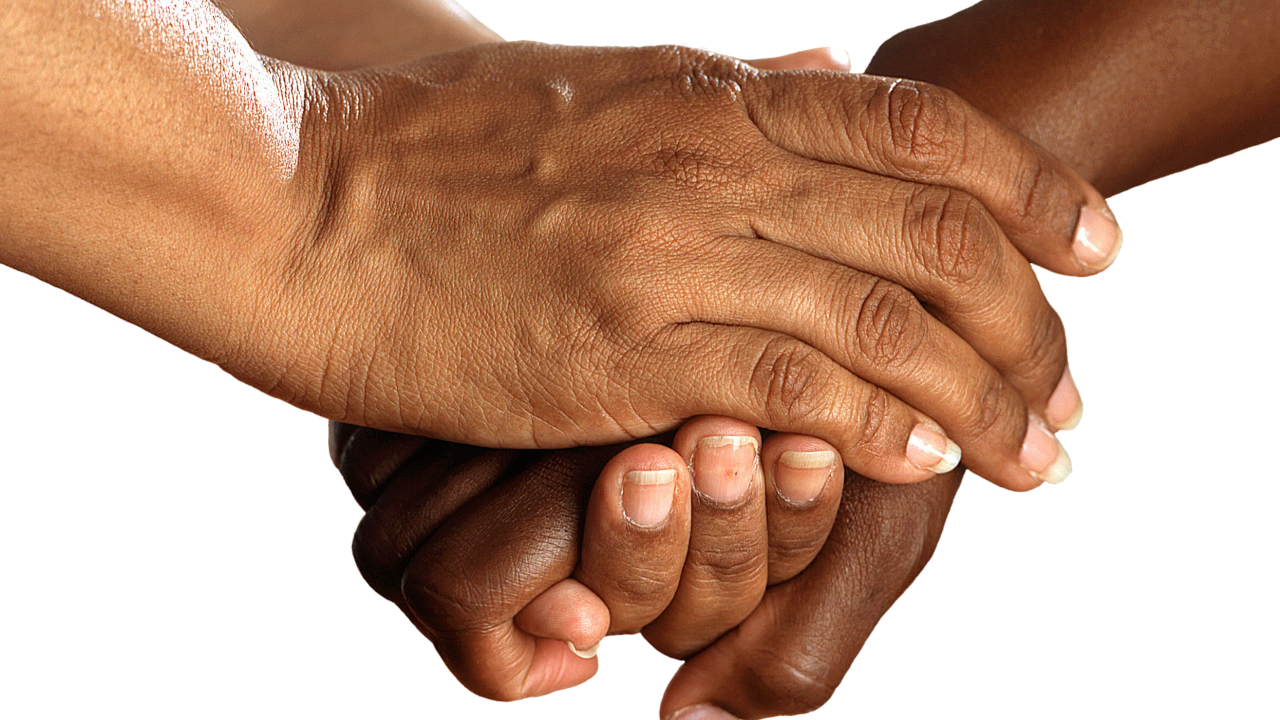The Healing Power of Altruism
Jan 22, 2023
Altruism is essentially generosity that exists for the sake of generosity. And true altruism occurs when we give without any expectation of accolades, a thank you, or any other form of acknowledgement.
Giving takes effort. It takes time. It can cost money (but it doesn't have to).
Healing from trauma is also A LOT OF WORK.
It takes time. It takes money. And it is no walk in the park, to say the least. I liken it to emotional surgery in that therapists work with their clients to open an old wound in order to help it heal properly. Coaches help with the preparation, provide support and help develop an after-care plan. The survivor carries the weight of their story until the time is right to do the heavy lifting of working through the past.
So yes, it's work. It can also feel unfair because the only person who can really forge the healing journey is the survivor themselves. And truthfully, it is unfair.
So why would I suggest that someone who has been through so much add something else to their plate?
Because, it is so healing.
Giving to others for no other reason than for the sake if giving is a real cup-filler. It brings with it its' own unique kind of joy. Giving is one of the only kinds of gifts that truly keeps on giving.
These micromoments can accumulate for the giver and receiver! Random acts of kindness perpetuate generosity, growth, optimism, and belief in the human spirit.
It also promotes a general sense of well-being. The more we believe in ourselves and our capacity to do good things, the easier it is to see that in others.
Optimism is one bi-product of altruism. Optimism facilitates motivation. Motivation builds momentum. Momentum brings movement and movement makes change.
Altruism is one aspect of the formula of trauma recovery.
Here are some small examples that don't cost any money:
➸ Notice something nice about someone and compliment them on it
➸ Open a door for someone even if it isn't convenient for you to do so
➸ Offer to help a parent struggling with kiddos in a grocery store
➸ Allow someone else to have that fancy parking spot that opened up
➸ Offer your seat to someone else on the bus or subway if it's crowded
There are also the larger acts of altruism that can occur later in one's process of recovery, such as sharing the wisdom of one's story, offering peer supports or coaching to those who will find relief in knowing they aren't alone, or spending time with those who have fewer connections in their life.
Essentially, giving is receiving. And, there is also no pressure. Everyone works towards generosity in their own time. That's okay.
Supporting clients in expanding their peripheral vision beyond their struggle offers an opportunity to include more data points that exist outside of the trauma. These additional points do not negate the reality of suffering. Rather, they add information that allows the integration of the many kinds of truths that exist all at once.
Kindness exists.
Cruelty exists.
Safety exists.
Danger exists.
Love exists. So does its' opposite.
You get the gist.
So, encourage your clients and yourselves to give back in little ways when you can. Take the challenge.
We hate SPAM. We will never sell your information, for any reason.




